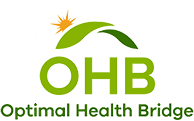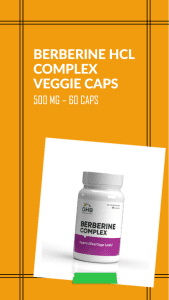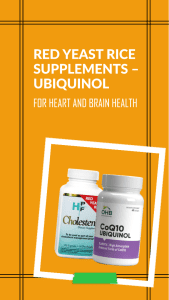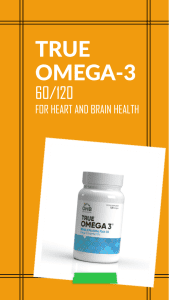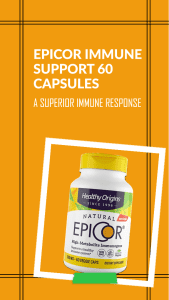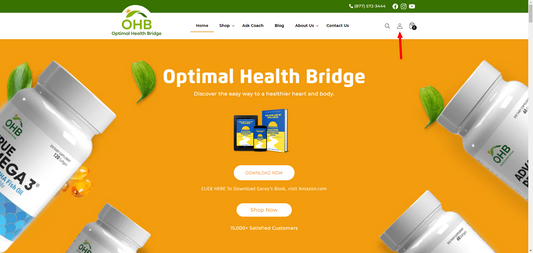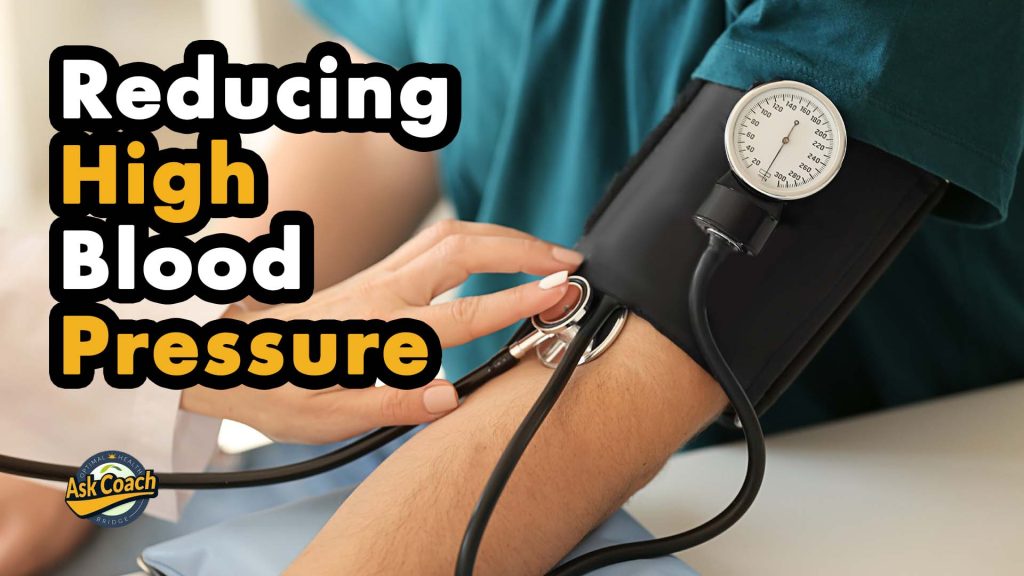
Share
Coach Garey’s 8 Tips for Reducing High Blood Pressure 4
Coach Garey’s 8 Tips for Reducing High Blood Pressure
High blood pressure, also known as hypertension, is a chronic condition affecting millions of people worldwide. It occurs when the force of blood against the walls of the arteries is consistently too high, leading to damage and narrowing of the blood vessels. If left untreated, high blood pressure can increase the risk of several severe health conditions, including heart disease, stroke, and kidney failure.
In this article, we’ll examine the link between high blood pressure and heart disease and the latest data on the topic.
High Blood Pressure and Heart Disease: What the Research Says
Heart disease, or cardiovascular disease, is a broad term encompassing a range of conditions affecting the heart and blood vessels. The most common types of heart disease include coronary artery disease, heart failure, and arrhythmias.
Research has consistently shown that high blood pressure is a significant risk factor for heart disease. In fact, according to the American Heart Association (AHA), people with high blood pressure are four times more likely to die from heart disease than those with normal blood pressure.
This link is because high blood pressure puts extra strain on the heart and blood vessels, making them work harder than they should. Over time, this extra work can cause damage to the heart muscle and blood vessels, leading to a range of heart problems.
One of the most common heart problems associated with high blood pressure is coronary artery disease (CAD), which occurs when the arteries that supply blood to the heart become narrowed or blocked. This can lead to chest pain (angina), heart attack, or sudden cardiac death.
In addition to CAD, high blood pressure can lead to heart failure, a condition in which the heart becomes weakened and can no longer pump blood effectively. It can also contribute to the development of arrhythmias, or abnormal heart rhythms, which can be life-threatening in some cases.
The Latest Data on High Blood Pressure and Heart Disease
Recent studies have shed new light on the link between high blood pressure and heart disease, providing important insights into the prevalence and impact of this condition.
For example, a 2020 study published in the Journal of the American Medical Association (JAMA) found that high blood pressure is a leading cause of death and disability worldwide, responsible for an estimated 10.4 million deaths in 2017. The study also found that the number of people living with high blood pressure has increased significantly over the past three decades, from 594 million in 1990 to 1.28 billion in 2019.
- Hypertension puts you at risk for heart disease and stroke, leading causes of death in the United States.
- In 2020, more than 670,000 deaths in the United States had hypertension as a primary or contributing cause.
- Nearly half of the adults in the United States (47%, or 116 million) have hypertension, defined as a systolic blood pressure greater than 130 mmHg or a diastolic blood pressure greater than 80 mmHg, or are taking medication for hypertension.3
- Only about 1 in 4 adults (24%) with hypertension have their condition under control.3
- About half of the adults (45%) with uncontrolled hypertension have a blood pressure of 140/90 mmHg or higher. This includes 37 million U.S. adults.
- About 34 million adults recommended to take medication may need it to be prescribed and start taking it. Almost two out of three of this group (19 million) have a blood pressure of 140/90 mmHg or higher.3
- High blood pressure costs the United States about $131 billion each year, averaged over 12 years from 2003 to 2014
Center for Disease Control: Health Topics – High Blood Pressure – POLARIS – Centers for Disease …. https://www.cdc.gov/policy/polaris/healthtopics/highbloodpressure/index.html
Another study published in the journal Circulation in 2021 found that high blood pressure is a significant risk factor for heart failure, even in people with no history of cardiovascular disease. The study analyzed data from over 4 million participants and found that every 20 mmHg increase in systolic blood pressure (the top number in a blood pressure reading) was associated with a 58% higher risk of heart failure.
These and other studies highlight the urgent need for effective prevention and management strategies for high blood pressure, particularly as the global burden of this condition continues to rise.
Preventing and Managing High Blood Pressure
While high blood pressure is a severe condition, the good news is that it is largely preventable and treatable. By making lifestyle changes and, if needed, taking medication, most people with high blood pressure can successfully manage their condition and reduce their risk of heart disease.
Here are some tips for preventing and managing high blood pressure:
- Maintain a healthy weight: Being overweight or obese can increase your risk of high blood pressure. Aim to maintain a healthy weight through a balanced diet and regular exercise. Action step: create habits that help you stay in shape. Make a point of it.
As a society, we overeat. Sorry to break the news to you, but feeling a little hungry is okay. Using a bit of psychology and spacing meals farther apart can aid in weight loss and building a better body tone. We call this intermittent fasting or 16/8 fasting. (16 hours of fasting followed by 8 hours of feeding time.
This means skipping breakfast or having your first meal at noon or later and not eating within 3 hours of bedtime.) Others have found great success with the “one meal a day plan.” I have done both; frankly, at age 69, I like not eating most of the day and having a great dinner. Right now, I use the model 4-5 days a week.
2. Eat a healthy diet: A diet high in vegetables, pulses, lean proteins, some fruit, and a minimal amount of whole grains can help lower blood pressure. Action step: Reduce or eliminate starchy junk food, donuts, bagels, and anything packaged in a box.
What is healthy for you may not be healthy for another. Many dietary roads lead to health, and we don’t have to be dogmatic as to the best approach for you. See what works best for you, from Paleo to Vegan and anywhere in between. The fundamental principle is to eat whole and natural foods rather than artificially created foods that your grandmother wouldn’t recognize. (or maybe it’s your great-grandmother now.)
3. Reduce salt intake: Consuming too much salt can raise blood pressure. The American Heart Association recommends no more than 2,300 milligrams (mg) of sodium per day and an ideal limit of no more than 1,500 mg per day for most adults. (With a notable exception)
However, Celtic Salt or Himalayan Rock salt has been shown to help improve HBP. Ordinary table salt is only made up of sodium and chloride, a dumbed-down version of salt. In contrast, Celtic Sea Salt has more than 80 minerals that can prove healthful. Action step: Add Celtic Sea Salt to your diet. I add lemon and a ¼ teaspoon to my water regularly.
4. Increase physical activity: Regular exercise can help lower blood pressure and improve cardiovascular health. Aim for at least 30 minutes of moderate-intensity activity most days of the week. Action step: walk 10,000 steps a day; your phone or watch can track this.
There are many safe and effective ways to exercise. Here’s an example of a 4-minute exercise routine that should not be very strenuous but can greatly improve nitric oxide levels in your arteries. Increasing nitric oxide is a means of expanding arteries, and there are several ways to do this. https://www.youtube.com/watch?v=PwJCJToQmps
5. Quit smoking: Smoking is a significant risk factor for heart disease and can contribute to high blood pressure. Quitting smoking is one of the best things you can do for your overall health. I understand you may crave nicotine, but the carcinogens will bring unwanted injury. Action Step: Find a way to quit. Nicotine gum to hypnosis, there are many ways to get this done.
This should make sense to all of us at this point in history. There are far too many carcinogens in our environment today. Do whatever you can to get rid of this habit. Quitting smoking can have a wide range of benefits for both physical and mental health. Within just 20 minutes of stopping, heart rate and blood pressure drop.
Within 12 hours, carbon monoxide levels in the blood return to normal. Over time, heart disease, stroke, and cancer risk decrease, and lung function can improve. Additionally, quitting smoking can improve mental health, including reduced stress and anxiety, improved mood, and better sleep. With the many health benefits of quitting smoking, it is never too late to make the decision to quit and improve your overall health and well-being.
6. Practice relaxation techniques: Stress and anxiety can contribute to high blood pressure. Consider incorporating relaxation techniques such as deep breathing, meditation, or yoga into your daily routine to help reduce stress. Action step: You can find free breathing techniques and yoga teachers on Youtube. Experiment with various channels until you find something that resonates with you.
Deep breathing, for example, has been shown to help reduce blood pressure and promote relaxation. To practice deep breathing, sit or lie down in a comfortable position and close your eyes. Inhale deeply through your nose, fill your lungs with air, expand your diaphragm, and slowly exhale through your mouth, pushing all the air out. Repeat this for several minutes, focusing on your breath and letting go of any tension or stress in your body. You may get a sense of lowering consciousness and moving into an alpha or even theta brain wave state. You might feel more relaxed, creative, and at peace with life.
7. Manage stress: Besides relaxation techniques, finding healthy ways to manage stress can help reduce blood pressure. This could include talking to a therapist, practicing mindfulness, or engaging in activities you enjoy. Action step: Walking in nature, hiking in the foothills, or strolling along a waterway can all lower stress levels and blood pressure.
One study published in the Journal of Alternative and Complementary Medicine found that practicing transcendental meditation for just 20 minutes twice a day was associated with significant reductions in blood pressure among participants with high blood pressure. All forms of meditation and yoga can aid in up-leveling the feeling of well-being.
8. Take medication as prescribed: If lifestyle changes alone are insufficient to manage high blood pressure, your doctor may recommend medication. It’s essential to take your medicine exactly as prescribed and follow up regularly with your doctor to monitor your blood pressure and adjust your treatment plan.
The caveat to this suggestion is to watch out for “mission creep” or “prescription creep,” where doctors may add a second or a third medication if the first doesn’t lower your BP enough. After decades of taking medication to deal with such symptoms can lead to organ damage, especially liver and kidney damage.
These are known side effects of many prescription drugs. Lean into lifestyle remedies over symptom-reducing medications, especially for chronic disease, as much as possible. Action step: In cases of acute illness or disease, do whatever is necessary to get things under control, including taking medicine. If you are very near a precipice, the wind is blowing severely, and in an acute condition, prescription medicine will help get you to a safer place. The art of complementary medicine uses an “all of the above” approach. East does meet West in certain circumstances.
Conclusion
High blood pressure is a serious condition that can increase the risk of heart disease, stroke, and other health problems. However, with the right lifestyle changes and treatment, most people with high blood pressure can successfully manage their condition, reduce their risk of these complications, and reverse the disease and its root causes.
In addition to maintaining a healthy weight, eating a balanced diet, and getting regular exercise, techniques such as deep breathing, meditation, and stress reduction can also effectively manage high blood pressure. Taking a holistic approach to your health can help protect your heart and improve your overall well-being.
Yours in health,

Garey Simmons
 PS I’ve arranged with TruSigma to make available to Optimal Health Bridge customers, a tried and true nutritional supplement to aid in better blood pressure. Use this link to get 16% off the regular price.
PS I’ve arranged with TruSigma to make available to Optimal Health Bridge customers, a tried and true nutritional supplement to aid in better blood pressure. Use this link to get 16% off the regular price.
